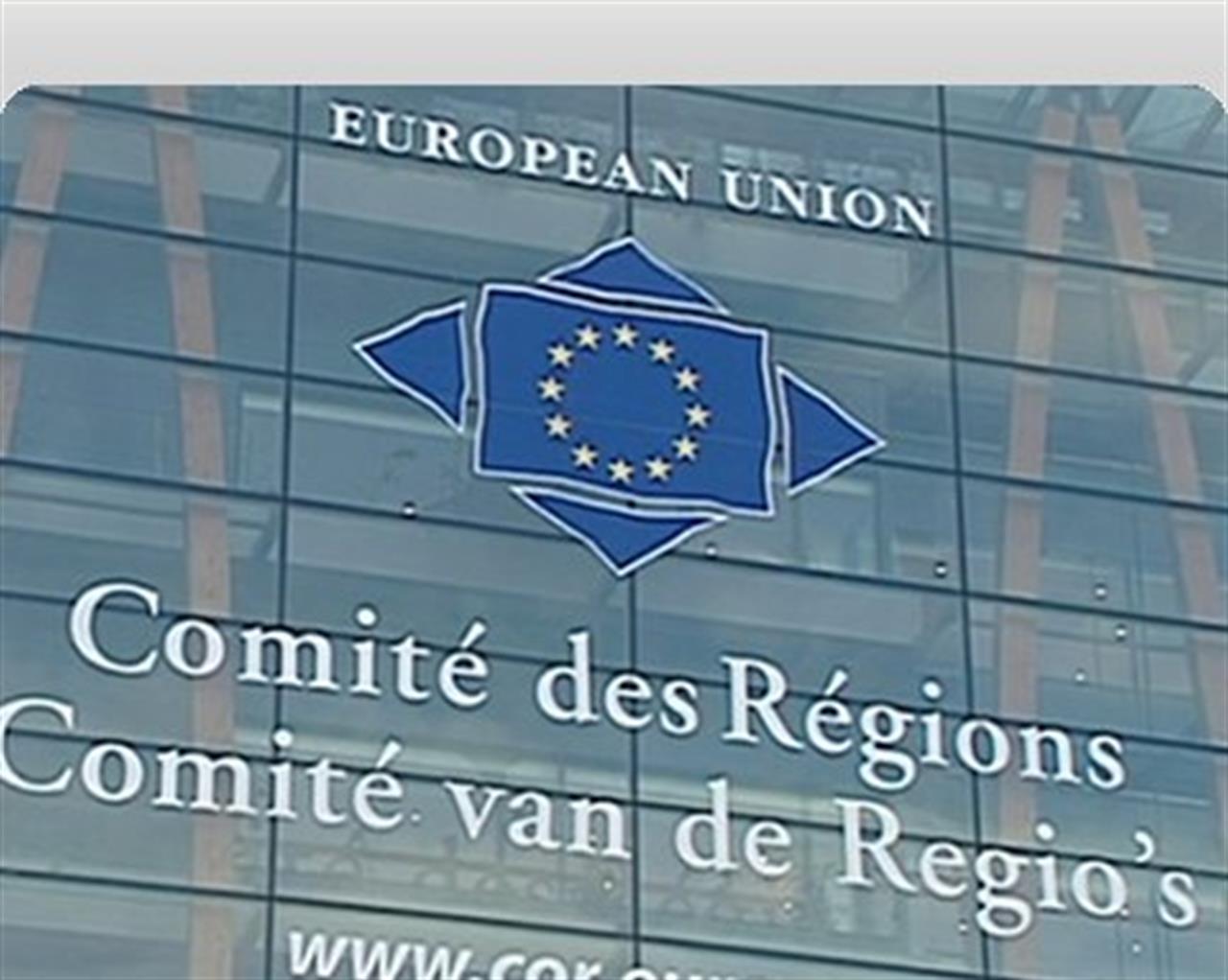Europe seeks a new role
Brussels: The Assises on Decentralised Cooperation have many challenges ahead. Here they are.

For the second time in three years the Committee of the Regions (CoR), in partnership with the European Commission is gathering together regions and local authorities to exchange their views and hold a political dialogue with the European institutions on development cooperation. Compared with the first meeting that took place in 2008, the Second Assises on Decentralised Cooperation takes place in a completely different context.
Since 2008, the EU has been facing three momentous events: the economic crisis, the change of the EU institutional architecture following the adoption of the Lisbon Treaty and lastly the rise of a multi-polar international geopolitical reality. The challenges awaiting decentralised cooperation are immense. One of the most feared is the impact the crisis might have on public finances which threatens to force the European Regions and Local Authorities (LRAs) to cut the funds destined to international cooperation for development.
This said, the economic crisis also represents an opportunity for all development actors, including LRAs, to look at how to improve the ways in which aid is delivered. The debate about aid effectiveness makes us reflect on the role of LRAs in the EU development policy.
In 2008, the European Commission officially highlighted their role, their place and importance in this field. As the President of the CoR, Mercedes Bresso, points out: “local and regional authorities are key actors for development, considering that they bring to the table new ideas which should be taken into account when defining the overarching EU development policy.” If the European Consensus on Development and the EU code of conduct on complementarity and division of labour per type of actor are re-examined, the voice of LRAs must be listened to, if only for the contribution they offer to the main objective of EU international cooperation for development (article 207 of TFEU): to eradicate poverty. A fight that involves the adoption of a strategic vision on crucial challenges, such as inclusive growth, climate change or food security, and the sharing of common values with partners from the South.
Cosa fa VITA?
Da 30 anni VITA è la testata di riferimento dell’innovazione sociale, dell’attivismo civico e del Terzo settore. Siamo un’impresa sociale senza scopo di lucro: raccontiamo storie, promuoviamo campagne, interpelliamo le imprese, la politica e le istituzioni per promuovere i valori dell’interesse generale e del bene comune. Se riusciamo a farlo è grazie a chi decide di sostenerci.
